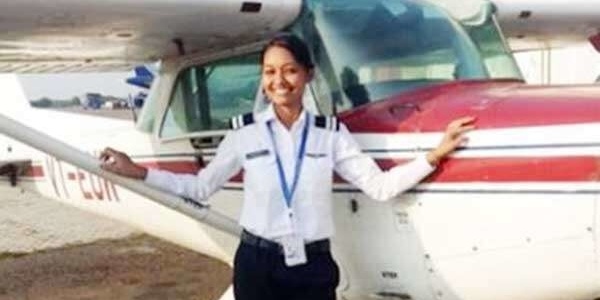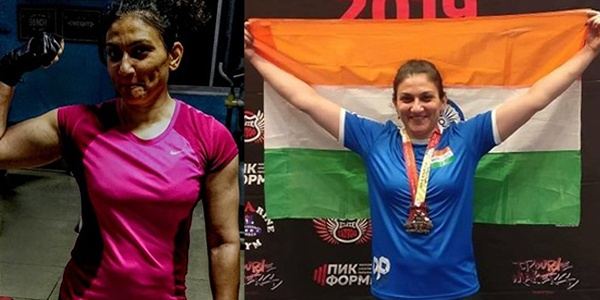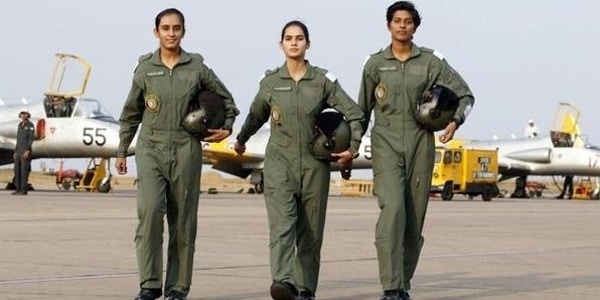New Wave of Change: Three Trailblazing Women Complete Training, Poised to Become India’s First Boat Pilots
Kochi Water Metro is making a defining leap, ushering in not just India’s first water metro system but also empowering women to take command in a space long dominated by men. In a milestone moment for the country, three women—Arunima A from Alappuzha, Lekshmi R S from Kollam, and Sneha S from Thiruvananthapuram—are set to become India’s first female trainee boat pilots after nearly three years of intensive, hands-on training.These young engineers, all diploma holders in electronics and electrical engineering, entered the program with uncertainty but soon found their footing through sheer dedication and a supportive training ecosystem. Their story is one of grit, innovation, and a quiet but powerful reshaping of India’s maritime sector.From Apprehension to Command: The Journey to the CockpitTheir voyage began with hesitation, after all, steering a modern, electric vessel is no small feat. But the Kochi Water Metro ensured they were never alone. “We only had diploma certificates but were selected after appearing in the entrance test. The masters and trainers were very supportive, and the training went smoothly,” recalls Lekshmi.Ask them what the toughest part was, and they respond instantly: mastering the High Court–Fort Kochi section, which is one of the most challenging stretches to navigate. From steering the vessel to managing ropes and carrying out urgent maintenance, they have become proficient in every essential task.For Arunima, the transformation has been profound. Her family initially doubted whether she could handle such a large and complex vessel. “But now they are extending all their support, and they are proud that women are coming into the field,” she says, reflecting a shift not just in her own life, but in societal attitudes at large.A Training Regimen Designed for ExcellenceOver their two-year training period, the trio received stipends up to ₹19,000 along with full professional benefits. The program left no room for shortcuts, it was structured to ensure absolute mastery over the modern electric boats that define the Kochi Water Metro’s fleet.Their training covered everything—from handling docking ropes to navigating the boats’ sophisticated control systems. “Once we learn the complex functionalities, these boats are smoother to handle than the mechanised ones,” explains Reni Mathew, Manager (HR), shedding light on how the cockpit’s advanced tools empower the pilots with precision and safety.Beyond regular operations, the women underwent rigorous drills and emergency courses. Whether it’s rescuing a commuter who has fallen overboard or regaining control of a vessel caught in high tides, they are now equipped for all high-pressure scenarios. Safety Officer Balu Alex Varghese details how the training included using lifebuoys, emergency ropes, and even handling the backup steering mechanism located at the rear of the boat.The Final Lap: Earning the Serang CertificateTheir next big milestone? Obtaining the prestigious Serang Certificate, the Boatmaster's License issued by the Kerala Maritime Board (KMB). This certification is essential for anyone who wishes to navigate a vessel independently. Having already completed the mandatory two-year training, the trio has applied for the license and now awaits the green signal.“Kochi Water Metro aims to deploy them as solo boat pilots once they get the license. They are as good as anyone,” says Chief Operating Officer Sajan P John, reaffirming the organization’s confidence in their capabilities.As these women prepare to take their place in the cockpit, they are not just piloting boats; they are steering India toward a more inclusive, progressive, and technologically advanced future. Their achievement marks a turning point for young women everywhere who dream of navigating uncharted waters.The Kochi Water Metro’s pioneering initiative proves that the future of mobility, on land or water, belongs to those bold enough to take the helm.




.jpg)
